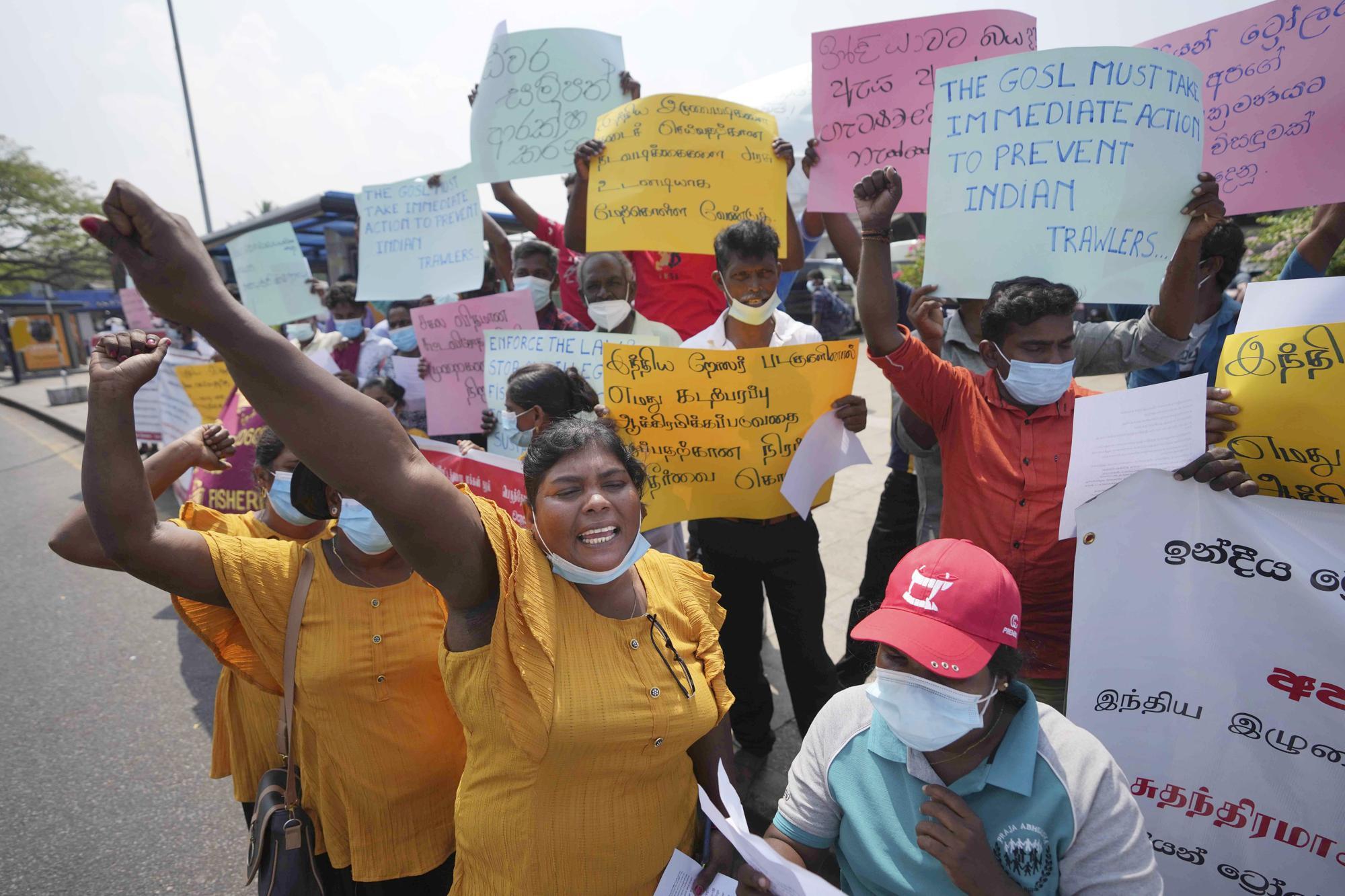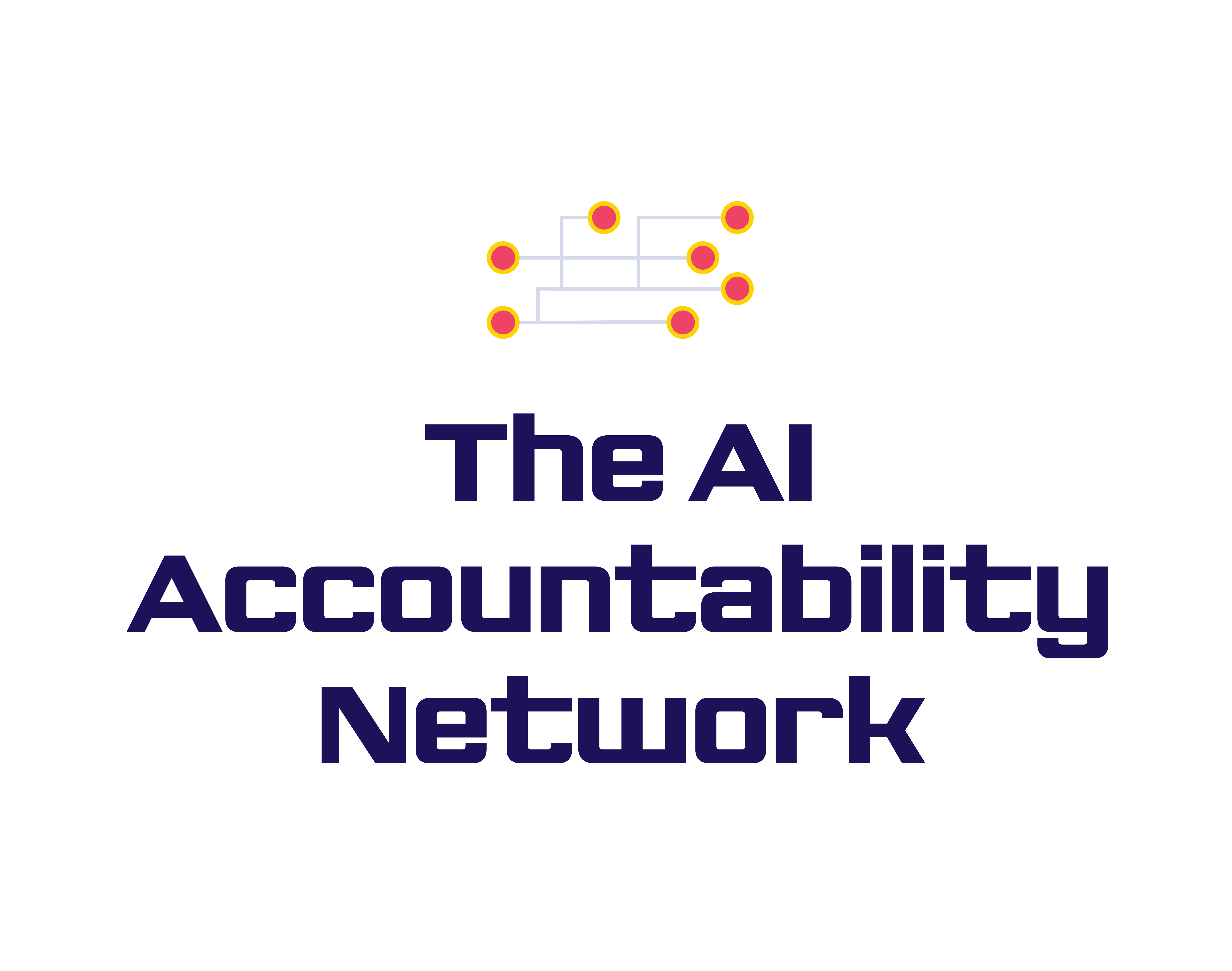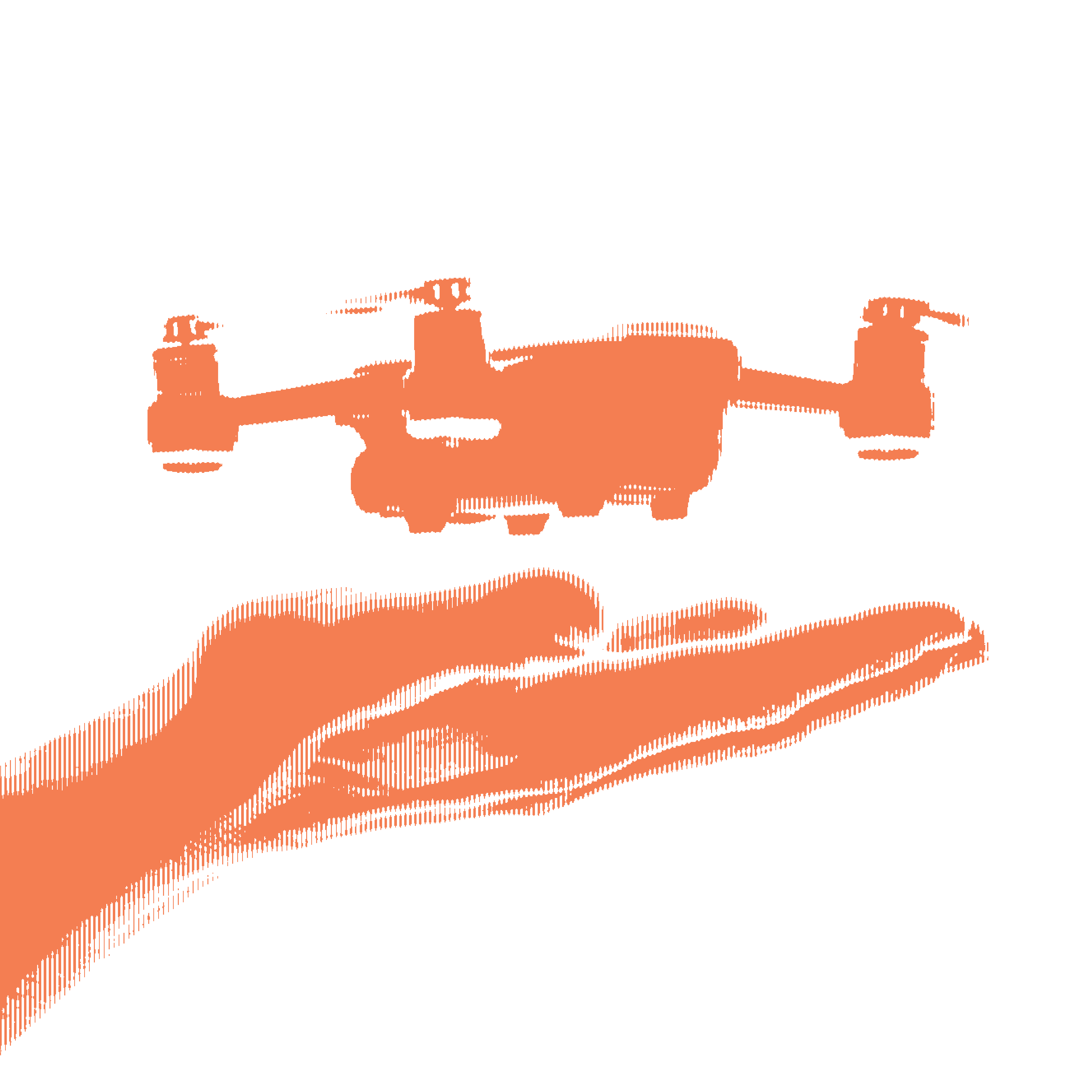Pulitzer Center Update Abril 4, 2022
'Climate Stories at the Heart of How the World Works'

New Initiatives on AI and Climate Change's Effects on Your Job
Last week, we spent a fascinating hour in a webinar with experts discussing one of the most important aspects of climate change that is also the least reflected in media coverage: global climate risks in the workplace and how they affect the livelihoods of billions of people across the globe.
One of the webinar’s panelists, Phaedra Pezzullo of the University of Colorado, Boulder, said, “Every climate story is a labor story.” But to understand the climate/labor nexus, she and the other panelists suggested that we need to get beyond media coverage that focuses mostly on extreme weather events and debates among scientists.
“Climate reporting began as technical reporting, focusing on scientists, parts per million, and Celsius degrees,” Pezzullo said. “All the people who are moved by these stories, I would argue, have read them already. Now we need everybody else to care—and to remember that how we came to this unsustainable conjuncture pivots not only on fossil fuels and throwaway cultures but also on the belief that some people are disposable.”
Pezzullo and fellow panelists Farhana Sultana (of Syracuse University) and Marielle Ramires (of Mídia NINJA, in Brazil) were among the experts we consulted last summer and fall, with support from the Laudes Foundation, in preparation for last week’s launch of a major new reporting and outreach initiative.
In recent weeks, we also launched the Artificial Intelligence Accountability Network, an initiative that seeks to support journalists reporting on the impacts of AI on health care, policing, hiring, and more.
As grantee Karen Hao said in a recent panel we hosted, AI has become infrastructure, like the internet, and when something becomes infrastructure, it becomes invisible. We want to help ensure that a broader and more diverse set of journalists have the resources and knowledge they need to interrogate these systems that touch all aspects of our lives. Applications for the first cohort of AI Accountability Fellows are due April 15, 2022.
Executive Editor Marina Walker Guevara and Senior Editor Boyoung Lim, along with several grantees, will be in Perugia, Italy, this month for the International Journalism Festival, hosting panels on reporting about AI and with AI (and yes, if used responsibly, AI can help tackle complex stories).
These are terrific opportunities for journalists and news organizations to join us in doing innovative, impactful work on big, important issues. Please help us spread the word!

Impact
On March 10, 2022, the Senate Appropriations Act passed with $1.5 million dedicated to humanitarian aid for people in Laos affected by Agent Orange. This inclusion is historic, because it's the first time the U.S. has acknowledged responsibility for the effects of the secret defoliation of Laos. George Black revealed the footprint of the herbicide during the Vietnam War for his Pulitzer Center-supported reporting for The New York Times Magazine.
This message first appeared in the April 1, 2022, edition of the Pulitzer Center's weekly newsletter. Subscribe today.




